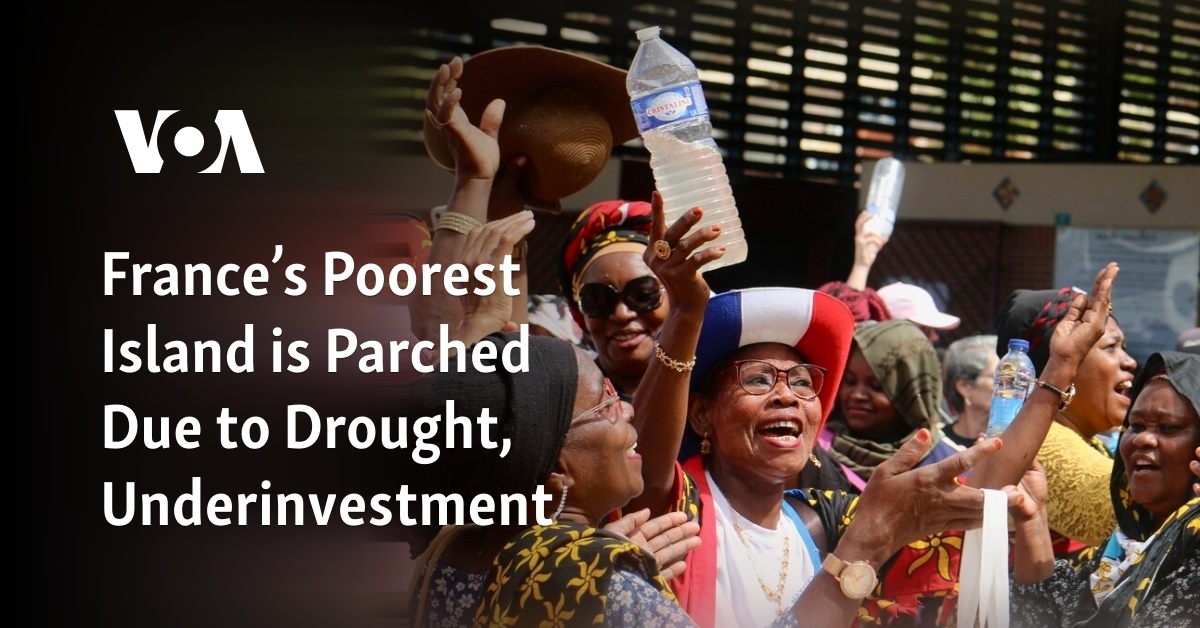
TAIPEI, Taiwan (AP) — A war of words erupted the day after Taiwan’s presidential and legislative elections. Taiwan on Sunday accused China of making “wrong comments” and China criticized the United States for congratulating the winner.
The verbal dispute highlighted the seemingly intractable divide over Taiwan’s fate, a major flashpoint in U.S.-China relations that could lead to actual war in the future.
Lai Ching-te’s victory in Saturday’s election was a setback for China’s efforts to take control of Taiwan. His Democratic Progressive Party favors maintaining the status quo, in which Taiwan governs itself but refrains from declaring formal independence – a move that could trigger a military response from China. China, meanwhile, is calling for “peaceful reunification,” but this seems increasingly unrealistic since most Taiwanese now oppose the division of China.
Taiwan said this while criticizing China for its oft-repeated claim that Taiwan is an internal Chinese issue. China considers the island of 23 million people a breakaway province and says it should not have its own president or official relations with foreign governments.
China’s Foreign Ministry said in a statement about the election that “the Taiwan issue is China’s internal matter” and “the fundamental fact that…” Taiwan is a part of China, that will not change.”
Taiwan said this statement was “completely inconsistent with international understanding and the current cross-strait situation.” It contradicts the expectations of global democratic communities and contradicts the will of the Taiwanese people to uphold democratic values. It’s not worth trying to refute such clichés.”
US Secretary of State Antony Blinken congratulated Lai on his victory and said Washington looked forward to working with all of Taiwan’s leaders “to advance our shared interests and values.” She congratulated the people of Taiwan for demonstrating the strength of their democracy, acknowledging the Biden administration’s efforts to find common ground with other democracies in the face of the rise of China.
The Chinese Foreign Ministry said the US statement “sends a completely wrong signal to the separatist forces of ‘Taiwan independence'” and violates the US commitment to maintain only unofficial relations with Taiwan.
Lai’s victory means the Democratic Progressive Party will hold the presidency for a third four-year term, after eight years under President Tsai Ing-wen. But he won a three-way presidential race with 40% of the vote, less than the clear majority Tsai won in 2020. He will take office in May.
The Democratic Progressive Party lost its majority in the legislature and ended up with one fewer seat than the Kuomintang, the Nationalist Party. Neither commands a majority, potentially giving the Taiwan People’s Party – a relatively new force that won eight of the 113 seats – a tie-breaking vote on the legislation.
A statement from China’s Taiwan Affairs Office said the results showed the Democratic Progressive Party did not represent the island’s public opinion.
Taiwan’s Foreign Ministry in its response called on China to “respect the election results, face reality and abandon its oppression against Taiwan.”
The Chinese military regularly sends fighter jets and warships into the air and into the waters around Taiwan. Any conflict could involve the United States, which officially does not support Taiwanese independence but opposes any attempt to change the status quo by force.
Meanwhile, former U.S. national security adviser Stephen Hadley and former deputy secretary of state James Steinberg arrived in Taipei on Sunday for post-election meetings with political leaders. It was unclear how China would respond as it seeks to spur a recent improvement in its troubled relationship with the United States while maintaining a firm and unshakable position on Taiwan.
The two will meet on Monday, the American Institute in Taiwan, the de facto US embassy, said in a press release. The institute said the U.S. government asked Hadley and Steinberg “to travel to Taiwan in their private capacity.”
China has said it rejects any official interaction with Taiwan but has not indicated whether it considers the upcoming visit an official one.
The US does not have diplomatic relations with Taiwan, but maintains an office in the capital Taipei and is the main arms supplier to the island’s military.
___
Ken Moritsugu reported from Beijing.
___
An earlier version of this story was corrected to show that the U.S. delegation arrived in Taipei on Sunday, not that it would arrive on Monday.






Recent Comments